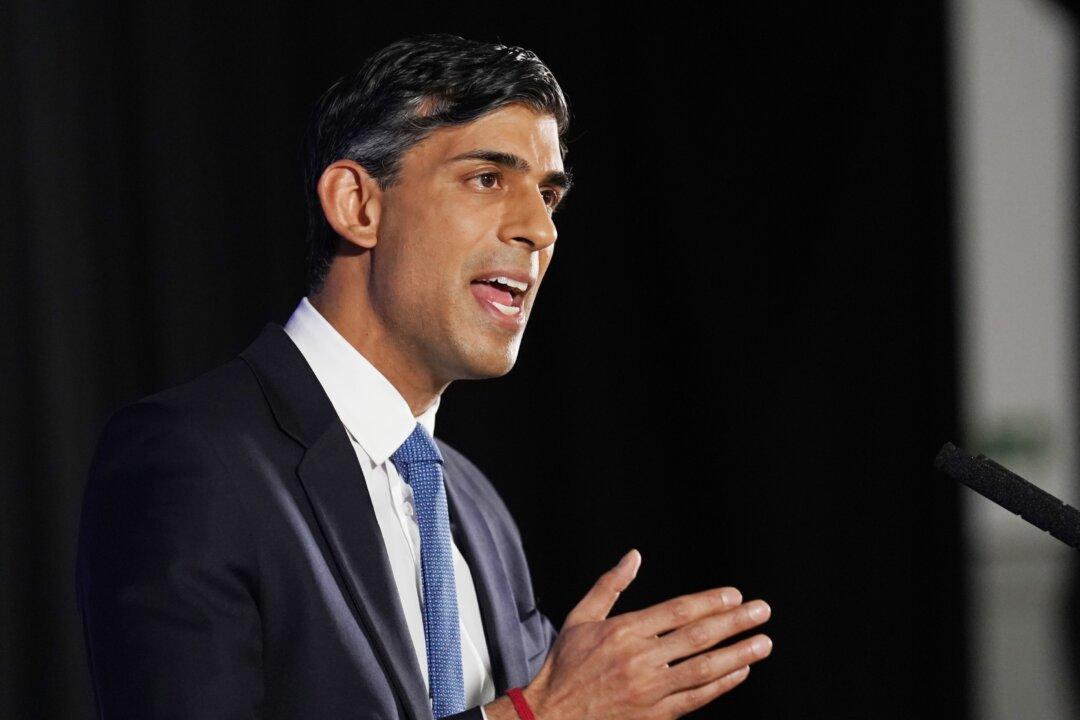The UK government has condemned Iran’s execution of British-Iranian dual national Alireza Akbari, stating that the Islamic regime’s behaviour “will not stand unchallenged.”
Akbari, a former deputy defence minister of Iran, was arrested in 2019 and accused of espionage for British intelligence agency MI6, a charge he denied.





